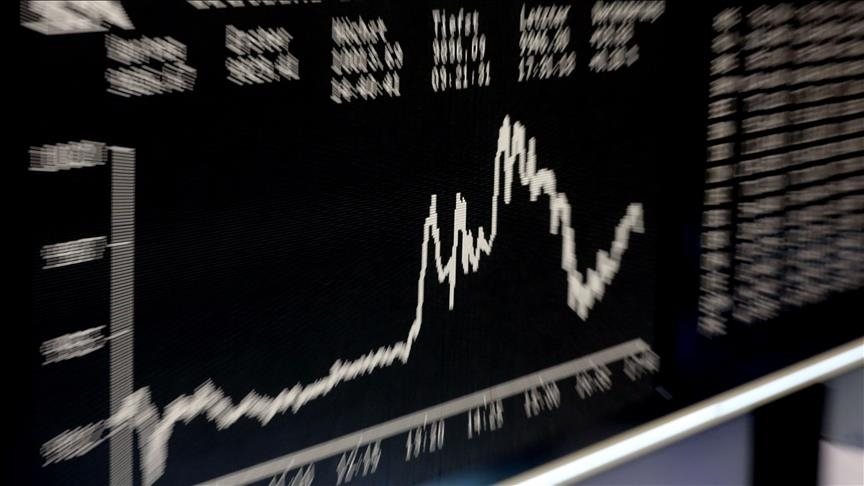 The IMF’s Warning: Global Economy in Uncertainty. What That Means for Developing Countries
The IMF’s Warning: Global Economy in Uncertainty. What That Means for Developing Countries
By Today International News
Published: October 9, 2025
IMF Raises Alarm on Global Economic Uncertainty
The International Monetary Fund (IMF) has issued a stark warning about growing uncertainty in the global economy, citing rising interest rates, inflationary pressures, and fragile supply chains. These risks pose significant challenges, particularly for developing countries that are heavily reliant on trade, foreign investment, and external debt financing.
According to the IMF, the global economy is navigating a complex landscape. While some advanced economies show signs of recovery, many developing nations face slowing growth, debt stress, and vulnerability to external shocks. The warning emphasizes that the next few years could be especially difficult for countries with limited fiscal space and high dependence on imports and exports.
Trade-Dependent Economies at Risk
For developing countries that rely heavily on international trade, fluctuations in global demand can have serious consequences. Export-oriented industries such as agriculture, textiles, and manufacturing are particularly exposed to shifts in consumer demand, tariffs, and logistical bottlenecks.
Supply chain disruptions, caused by geopolitical tensions, natural disasters, or lingering effects of the COVID-19 pandemic, could lead to higher costs for imports and delays in exports, directly impacting national revenues and employment. Nations that rely on imported raw materials for production are particularly vulnerable to inflationary pressures, which can further strain household budgets.
Debt Challenges Amid Rising Interest Rates
Many developing countries are currently grappling with high levels of public debt, much of it denominated in foreign currencies. Rising global interest rates make debt servicing more expensive, increasing the risk of fiscal crises and potential defaults.
Countries with limited access to capital markets may face tough choices, including reducing public spending or raising taxes, both of which could slow economic growth and exacerbate inequality. The IMF emphasizes that strategic debt management and international cooperation are crucial to avoid a broader economic crisis.
The Role of Foreign Investment
Foreign direct investment (FDI) has long been a key driver of growth in developing economies. However, uncertainty in the global economy may lead investors to postpone or redirect capital, affecting job creation, infrastructure projects, and technological development.
Emerging markets that attract substantial FDI, such as Southeast Asia, Africa, and Latin America, are particularly sensitive to global financial conditions. Sudden shifts in investor confidence can trigger currency volatility and capital flight, further complicating economic recovery.
Inflation and Social Impact
High inflation is another major concern highlighted by the IMF. Rising prices for food, fuel, and essential goods disproportionately affect low- and middle-income populations, potentially increasing poverty and social unrest.
Governments may face political pressure to implement subsidies or price controls, which could strain national budgets and limit the ability to invest in critical sectors like health, education, and infrastructure.
Steps for Mitigation and Resilience
The IMF recommends several strategies to help developing countries navigate these challenges:
-
Strengthening fiscal and monetary policies to manage debt and inflation.
-
Diversifying trade partners and industries to reduce dependence on a few markets.
-
Enhancing social protection programs to safeguard vulnerable populations.
-
Encouraging sustainable foreign investment that supports long-term economic growth.
Conclusion: Navigating an Uncertain Future
The IMF’s warning underscores that global economic uncertainty is not just a problem for advanced economies. Developing countries face high stakes due to their dependence on trade, debt, and foreign investment.
Policymakers, businesses, and citizens must prepare for potential disruptions while pursuing strategies that build resilience, stability, and sustainable growth. How effectively these nations respond to global uncertainty could determine their economic trajectory for years to come.
